Andrew Naguib's Homepage
(آندرو نجيب؛ الصفحة الشخصية)
Blogs/Resources/Articles
- Philosophy of Mathematics
- Why do math?
- Advice to a Young Mathematician
- Bongard Problems
- Fold-and-Cut
- OEIS
- Mathematical Enchantments
- Ten Rules for Math Writing
- Living Proof
- Mathematical problems for the next century
- Top 10 Ideas in Statistics That Have Powered the AI Revolution
- The Hundred Greatest Theorems
- Terry Tao's Blog
- Zala Films

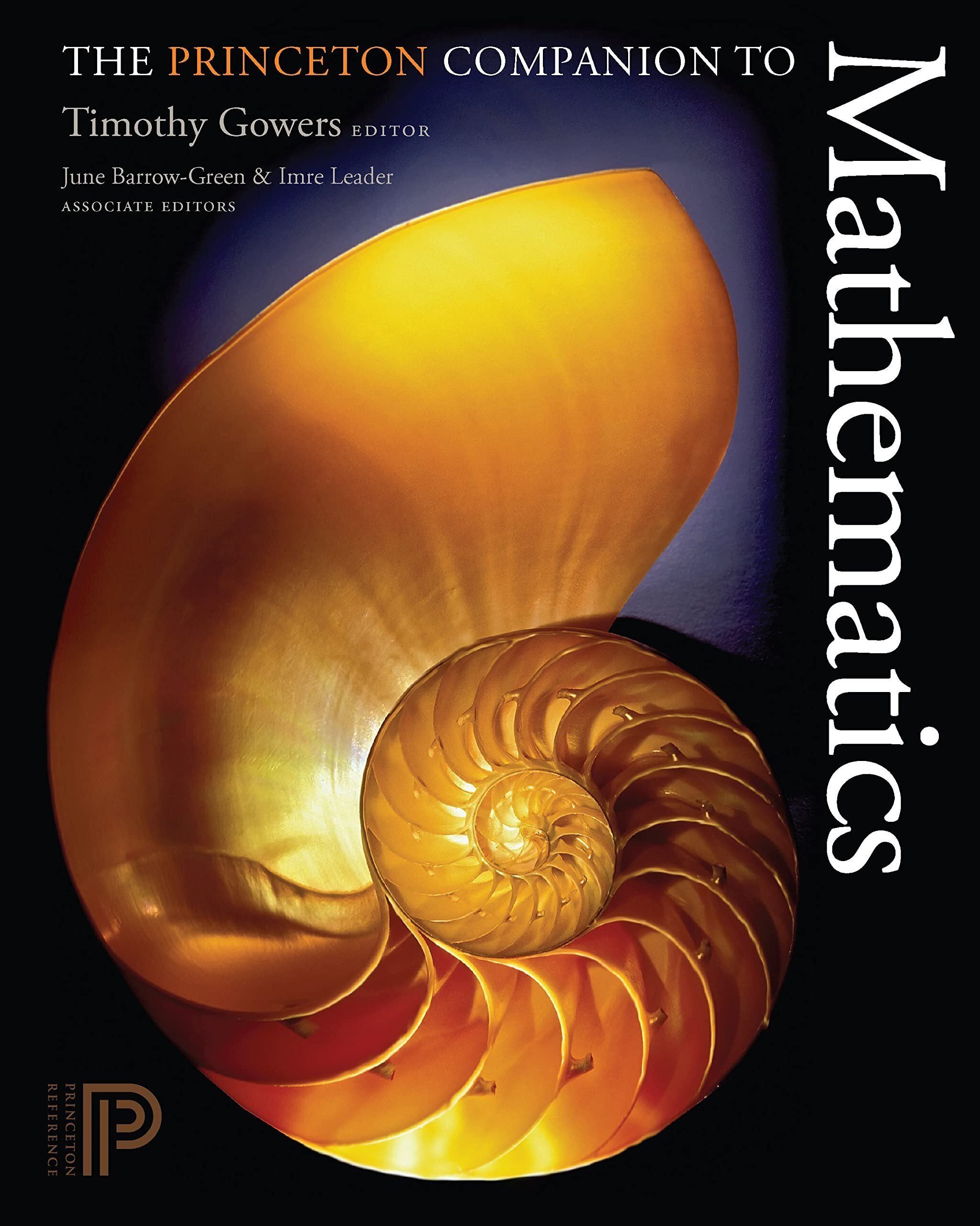
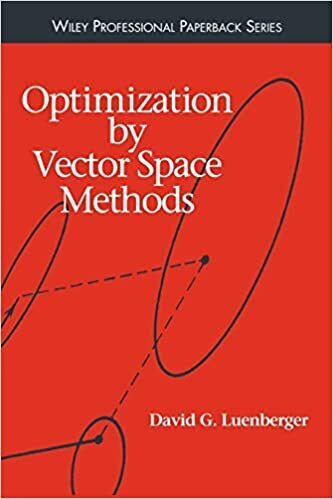
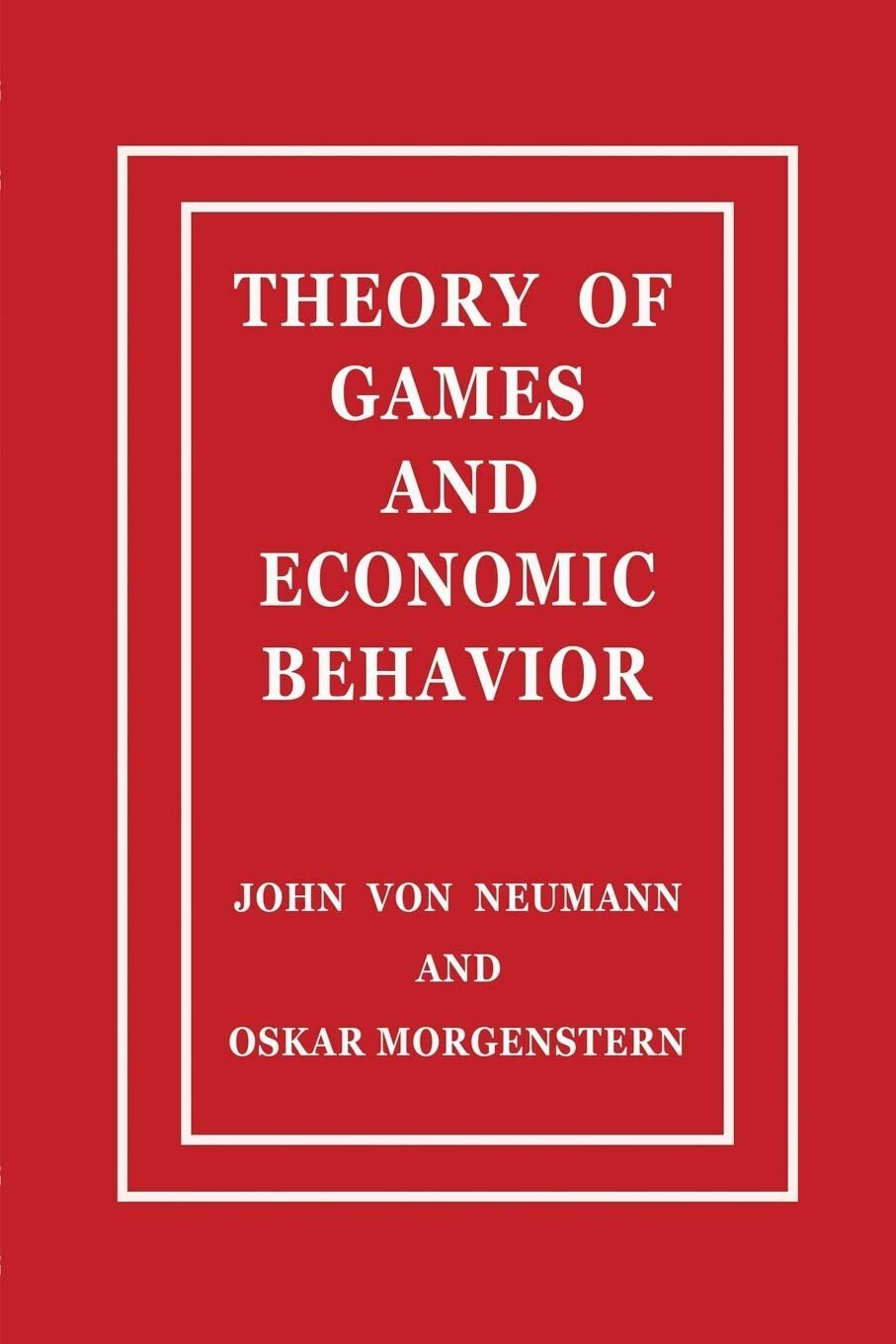

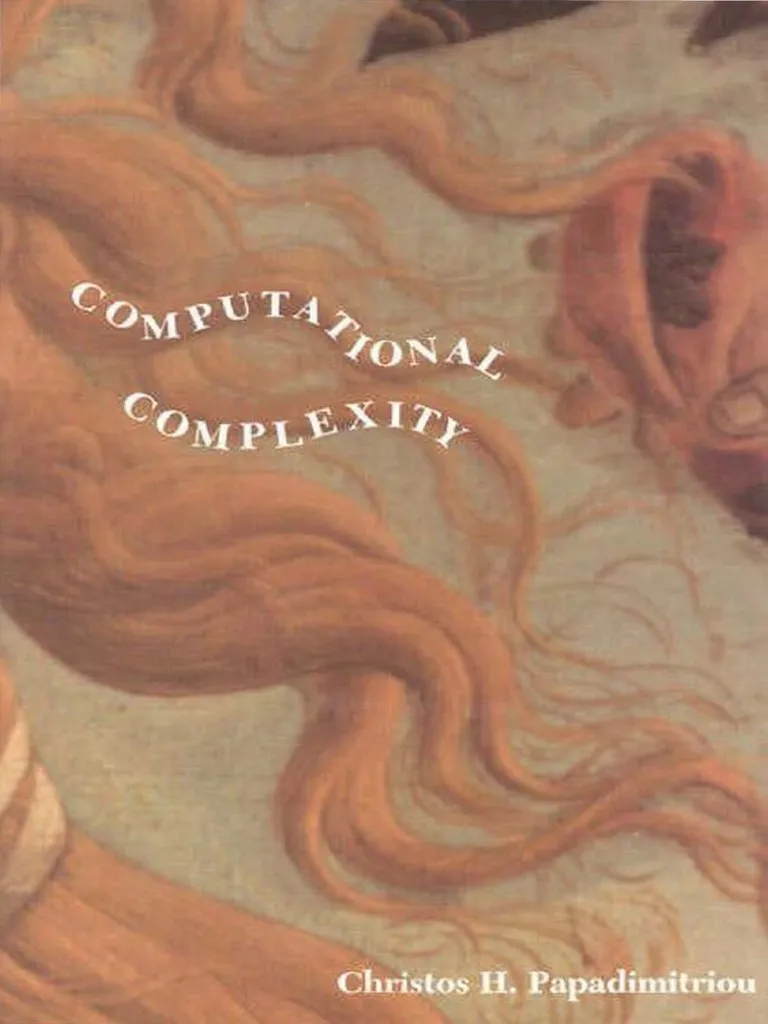
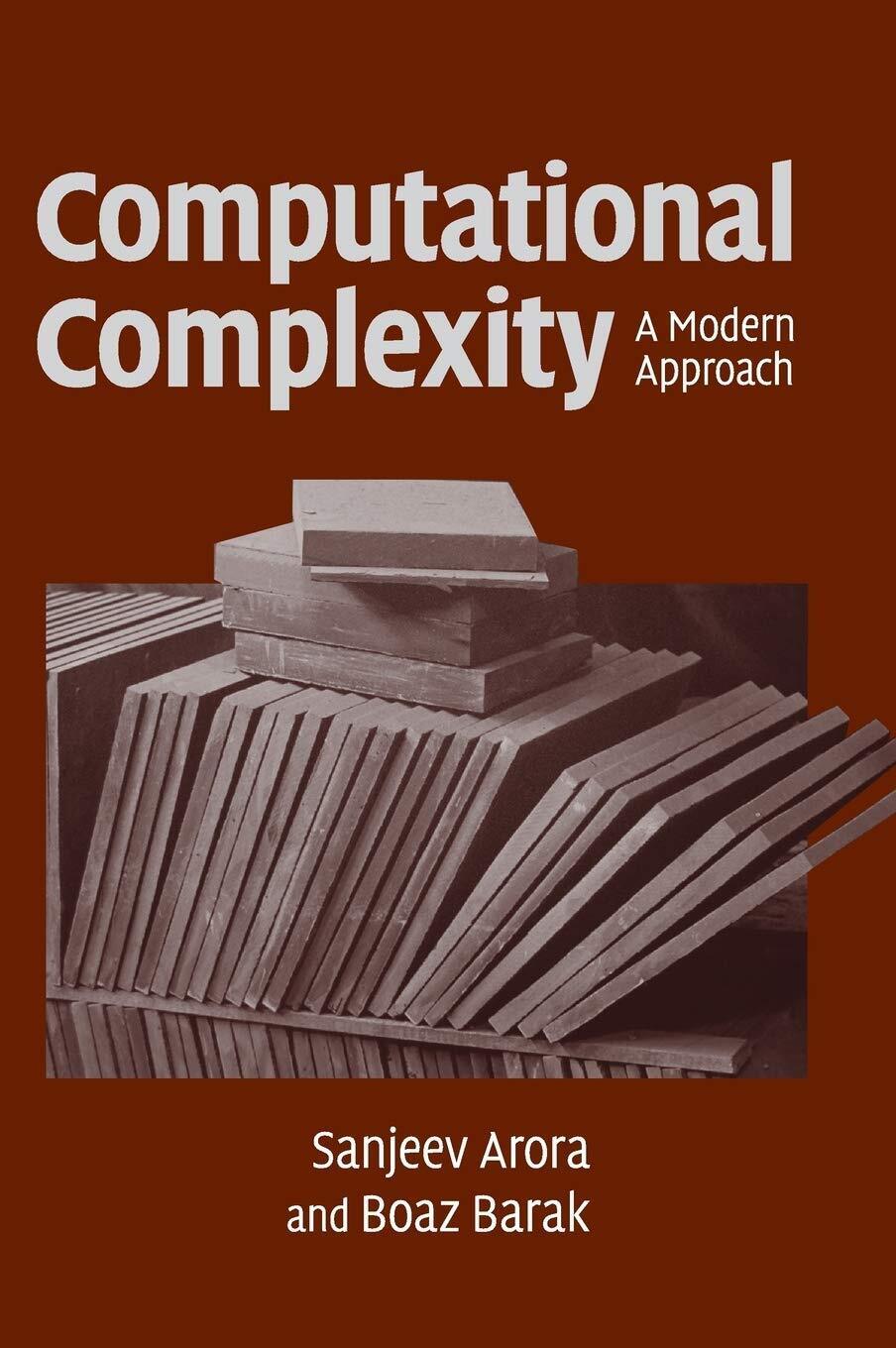
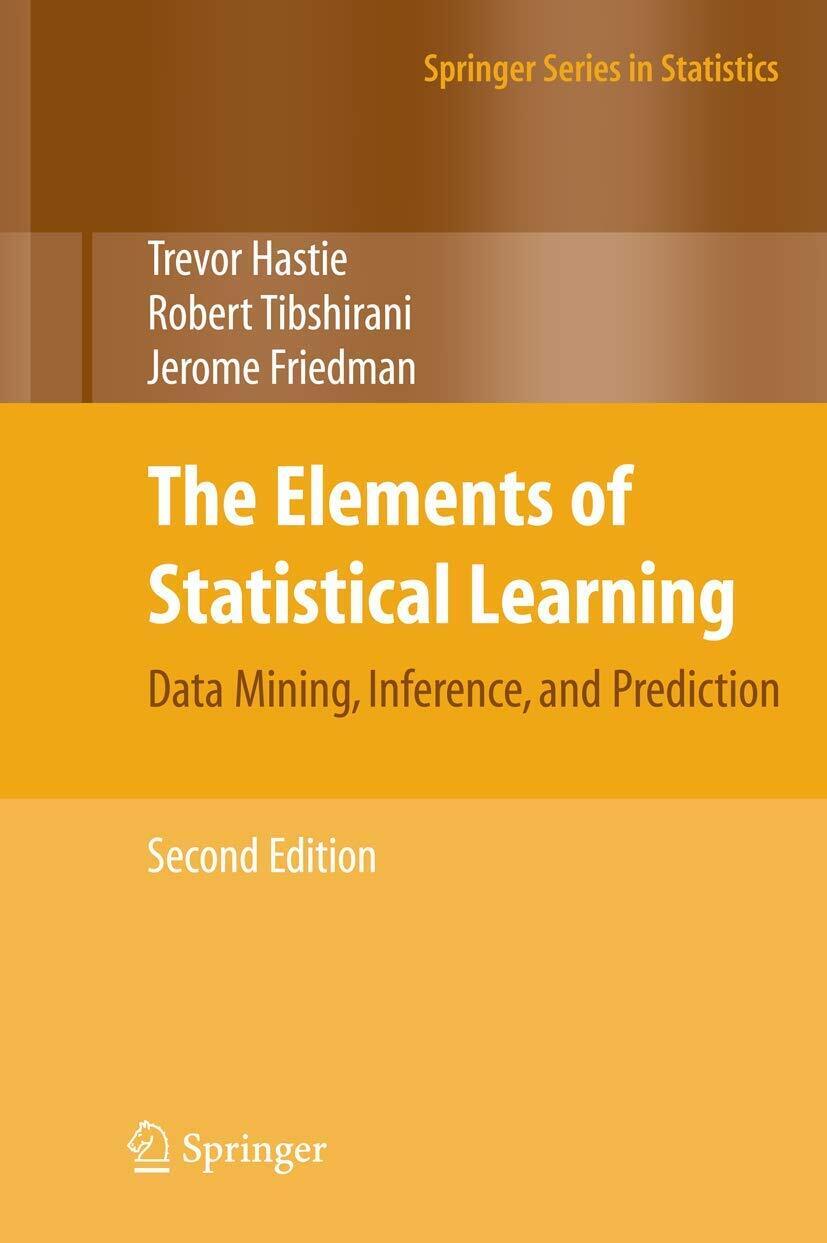
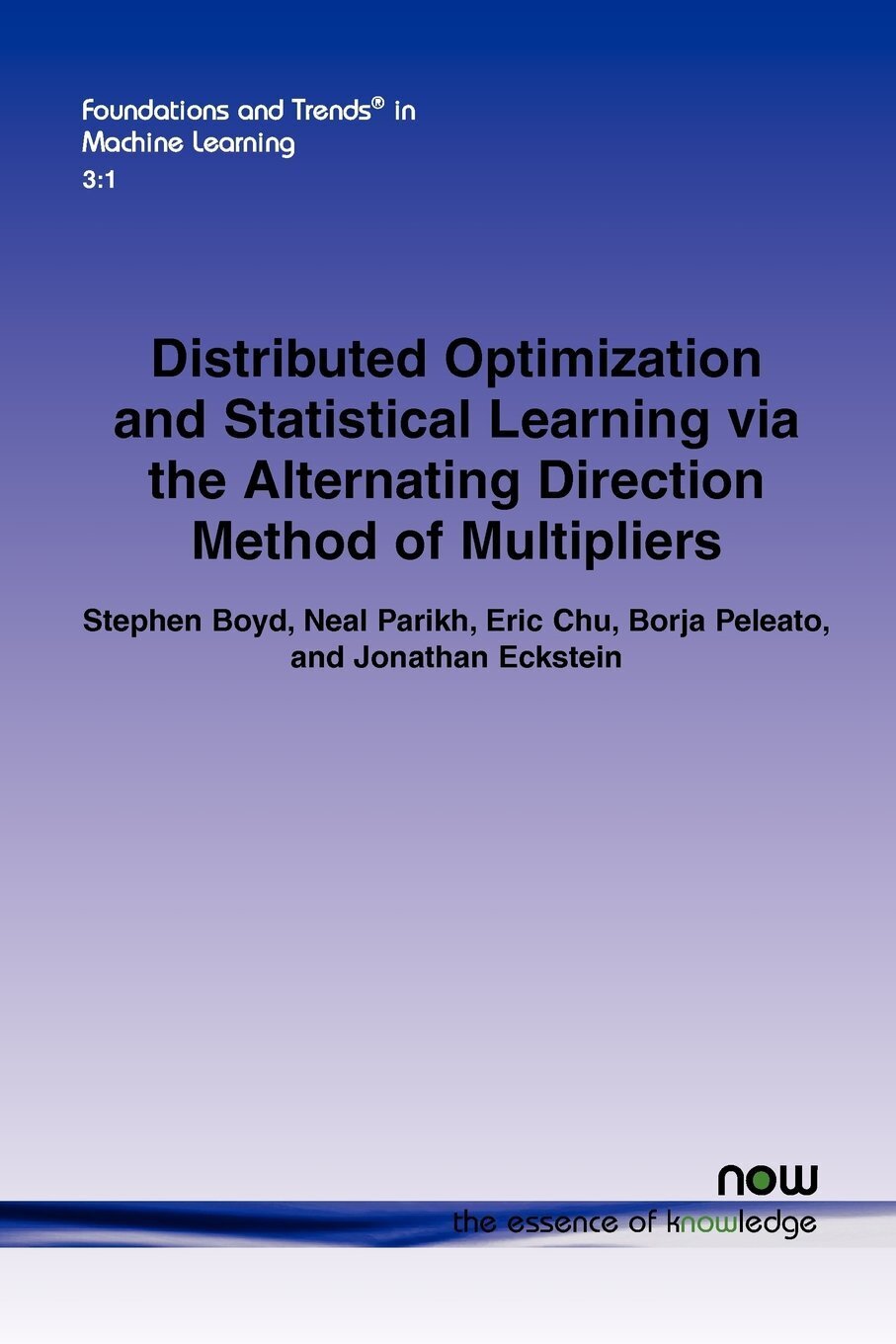
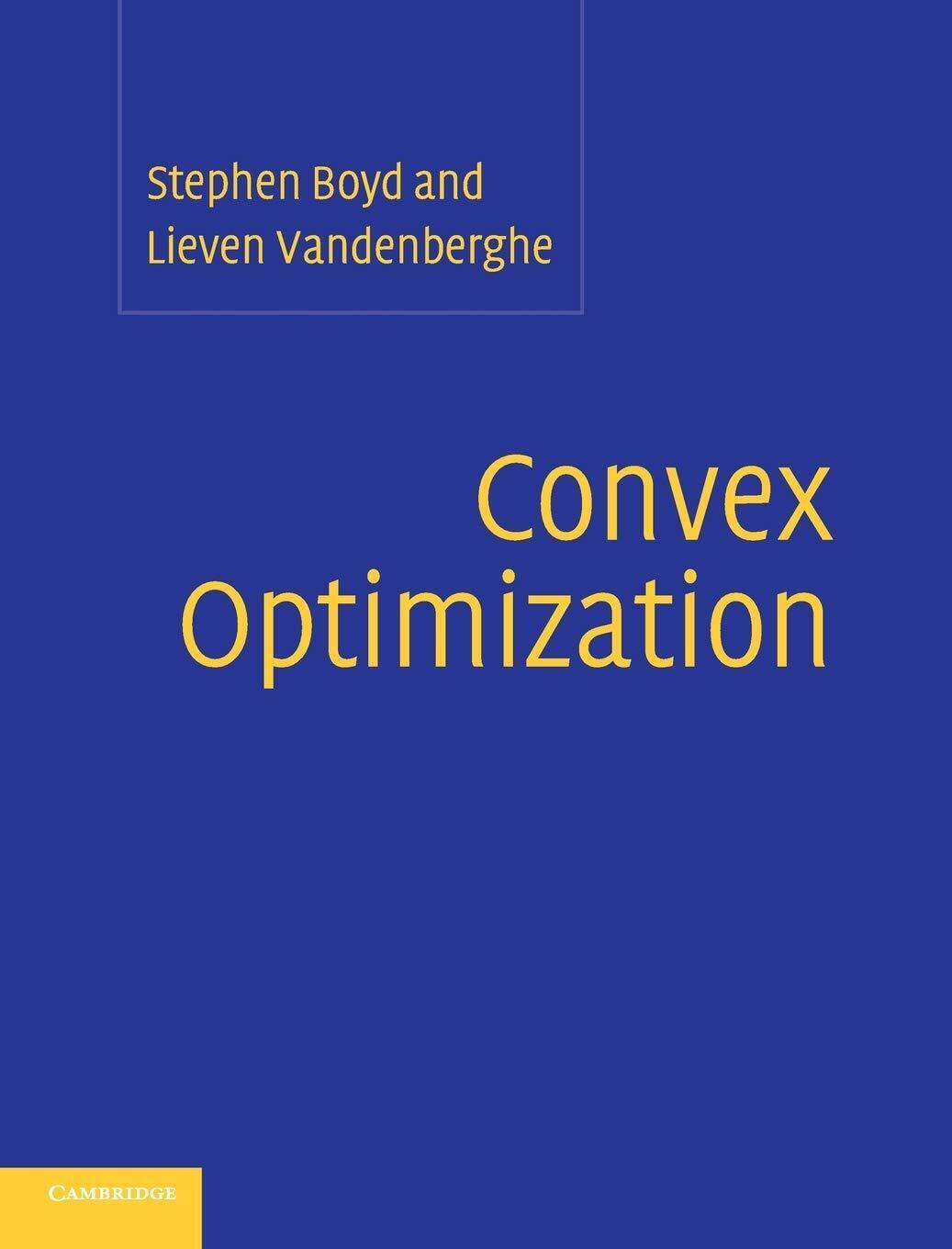

 (A very nice gift)
(A very nice gift)